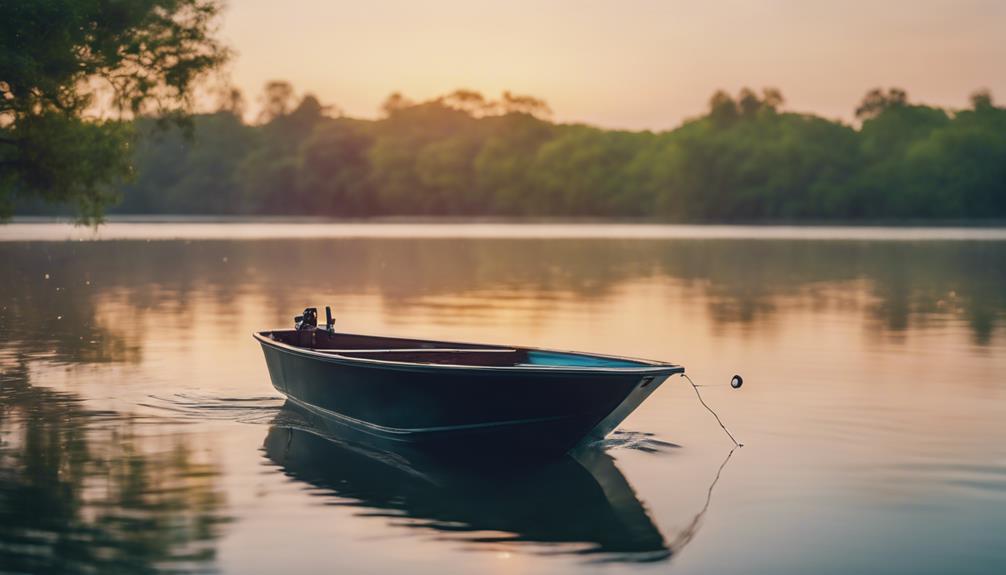Understanding Fishing Licenses: What You Need to Know
Fishing is one of the most popular outdoor activities, attracting millions of enthusiasts each year. However, before casting your line, it’s crucial to understand the regulations surrounding fishing licenses. The question “do I have to have a fishing license?” is a common one among both novice and seasoned anglers. In many jurisdictions, a fishing license is required to fish legally in public waters. This requirement serves various purposes, including conservation efforts, funding for wildlife management, and ensuring that fish populations remain sustainable for future generations.
Why Do You Need a Fishing License?
The primary reason for needing a fishing license is to help manage and protect fish populations. States and regions set specific regulations to ensure that fishing practices are sustainable. Licensing fees often fund fish stocking programs, habitat restoration, and conservation initiatives. By asking, “do I have to have a fishing license?” you are not just inquiring about a legal requirement; you are participating in a broader effort to maintain ecological balance. Without licenses and proper regulations, overfishing can lead to a decline in fish populations and negatively impact the ecosystems that rely on them.
Who Needs a Fishing License?
Licensing requirements can vary depending on the location and the type of fishing you plan to do. Generally, most states require anyone over a certain age (usually 16 or 18) to possess a fishing license. This includes residents and non-residents alike. However, there are exemptions for specific groups, such as children, veterans, and individuals with disabilities. Some states also offer free fishing days, allowing individuals to fish without a license for a limited time. Therefore, it’s essential to check the regulations in your state or locality to determine whether you need a fishing license.
How to Obtain a Fishing License
Acquiring a fishing license is a straightforward process. Most states offer several options for obtaining one, including online applications, in-person sales at designated locations, and even mobile apps. To purchase a fishing license, you typically need to provide some personal information, such as your name, address, and date of birth. You may also need to select the type of fishing you plan to do, as some licenses are specific to freshwater or saltwater fishing. Fees vary based on factors like residency status, the duration of the license, and age. It’s advisable to check your local fishing regulations for detailed information on how to obtain a license.
What Happens if You Fish Without a License?
Fishing without a valid license can lead to serious consequences. If you are caught fishing without a license, you may face fines, penalties, and even confiscation of your fishing gear. The severity of the consequences often depends on the state regulations and the circumstances surrounding the violation. In some cases, repeated offenses can result in more severe penalties, such as a ban on fishing for a specified period. To avoid these repercussions, it is essential to ensure that you have the appropriate licenses before embarking on your fishing adventure.
Different Types of Fishing Licenses
When considering whether “do I have to have a fishing license?” it’s important to know that various types of licenses cater to different fishing needs. For instance, some states offer annual licenses for residents and non-residents, while others provide short-term licenses for those who fish infrequently. Additionally, specialized licenses may be available for specific types of fishing, such as trout fishing or saltwater fishing. Understanding these options can help you choose the right license for your fishing activities and ensure compliance with local regulations.
Special Considerations for Fishing in National Parks and Wildlife Refuges
If you plan to fish in national parks or wildlife refuges, be aware that these areas often have their own specific regulations regarding fishing licenses. Many national parks require a valid state fishing license, but additional permits may also be necessary. For example, in some parks, you may need to acquire a separate permit for certain types of fishing or specific areas. Always check with the relevant authorities before fishing in these protected areas to ensure you have the necessary licenses and permits.
Final Thoughts: Fishing Responsibly
In conclusion, the question “do I have to have a fishing license?” highlights the importance of responsible fishing practices. Obtaining a fishing license is not just a legal requirement; it is also an essential part of supporting conservation efforts and protecting our aquatic ecosystems. By understanding the regulations and obtaining the necessary licenses, you can enjoy the sport of fishing while contributing to the sustainability of fish populations. Before heading out on your next fishing trip, take the time to educate yourself on the local laws and make sure you are fishing responsibly. Happy fishing!
